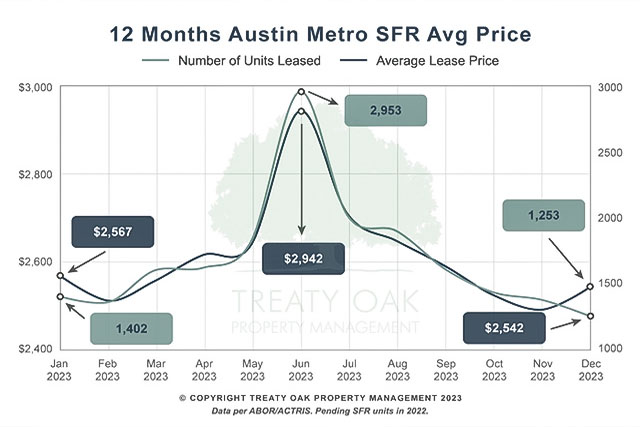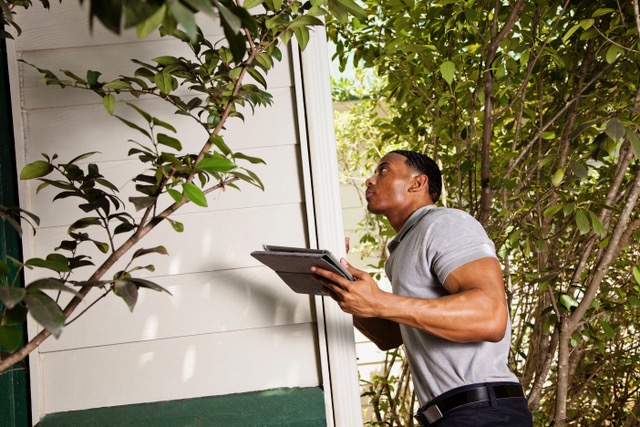By using our website, you agree to the use of cookies as described in our Cookie Policy
WHY GET A HOME INSPECTION AND WHAT CAN A HOME INSPECTOR DO?
There are several reasons why getting a home inspection is a wise decision. First and foremost, a home inspection provides a comprehensive assessment of the property's condition, identifying any potential issues or hidden defects that may not be immediately apparent. This can help you make an informed decision before purchasing a home or provide valuable insights for maintaining your current one.
Home inspections can uncover problems related to the structure, plumbing, electrical systems, HVAC (heating, ventilation, and air conditioning), as well as potential safety hazards. Discovering these issues early on can save you from unexpected expenses down the line and allow you to negotiate repairs or adjustments with the seller.
Additionally, a home inspection report can provide you with a better understanding of the home's maintenance needs and help prioritize any necessary repairs or improvements. It can also offer peace of mind, giving you confidence in your investment and ensuring that you have a clear picture of the property's overall condition.
Overall, a home inspection is a valuable investment that can protect your interests and help you make informed decisions about one of the most significant purchases in your lifetime.
A home inspector is a professional who evaluates the condition of a residential property. They have the expertise and knowledge to assess various aspects of a home and identify any issues or potential problems. Here are some of the things a home inspector can do:
- Visual Evaluation: A home inspector will conduct a thorough visual examination of the property, both inside and outside. They will look for any signs of damage, wear and tear, or issues that may need attention.
- Structural Assessment: The inspector will examine the foundation, walls, roof, and other structural components to ensure they are sound and in good condition.
- Plumbing and Electrical Systems: The inspector will check the plumbing and electrical systems, looking for leaks, faulty wiring, outdated components, or any safety hazards.
- HVAC Systems: They will assess the heating, ventilation, and air conditioning systems to ensure they are functioning properly and efficiently.
- Interior and Exterior Components: This includes evaluating doors, windows, floors, ceilings, stairs, decks, patios, and other elements to check for any damage or needed repairs.
- Appliances and Fixtures: The inspector will test common appliances and fixtures in the home, such as faucets, toilets, ovens, and more, to ensure they are in working order.
- Safety Hazards: They will identify any potential safety hazards, such as the presence of mold, asbestos, radon, or other harmful substances.
After conducting the inspection, the home inspector will provide you with a detailed report highlighting their findings. This report will help you make informed decisions about the property and any necessary repairs or renovations.
Anyone who is buying a home or already owns a home can benefit from getting a home inspection. If you are in the process of purchasing a property, a home inspection is essential to ensure that you are aware of any potential issues or hidden defects before finalizing the purchase. It helps you make an informed decision and gives you an opportunity to negotiate repairs or adjustments with the seller.
Even if you already own a home, getting periodic home inspections can be valuable. It allows you to identify any maintenance or repair needs that may have arisen since your last inspection. This can help you catch problems early on before they escalate into costly repairs.
Additionally, home inspections can be beneficial for real estate investors, landlords, and property managers who want to assess the condition of their properties and identify any necessary repairs or safety concerns.
In summary, whether you're a prospective homebuyer, current homeowner, or involved in real estate investment, a home inspection is a prudent step to protect your interests and ensure the long-term well-being of the property.
In general, home inspections are typically paid for out of pocket by the homebuyer or the person requesting the inspection. Home inspections are a service that buyers commonly pay for during the process of purchasing a home.
However, there are certain situations where the cost of a home inspection might indirectly be factored into a financing arrangement:
- Seller Concessions: In some real estate transactions, the seller may agree to cover some of the buyer's closing costs, which could include the cost of a home inspection. This is often negotiated as part of the purchase agreement.
- Mortgage Contingency: Buyers often include a mortgage contingency clause in their purchase agreement. If the home inspection reveals significant issues that were not previously known, the buyer may have the option to renegotiate the terms of the sale or even withdraw from the purchase. This contingency is a way for buyers to protect themselves and their financing in case unexpected problems are uncovered during the inspection.
- Home Improvement Loans: If the home inspection reveals necessary repairs or improvements, some homeowners may choose to finance those costs separately through a home improvement loan or a renovation loan. These loans can be obtained after the home purchase and are used specifically for making upgrades or repairs.
It's essential for homebuyers to carefully review their purchase agreement and financing arrangements to understand how costs will be allocated. Additionally, discussing these matters with the real estate agent and mortgage lender can provide clarity on the financial aspects of the home buying process.
Keep in mind that financing options and real estate practices can vary by location and market conditions, so it's advisable to consult with professionals in your specific area for the most accurate and relevant information.
‹ Back

.jpg)



